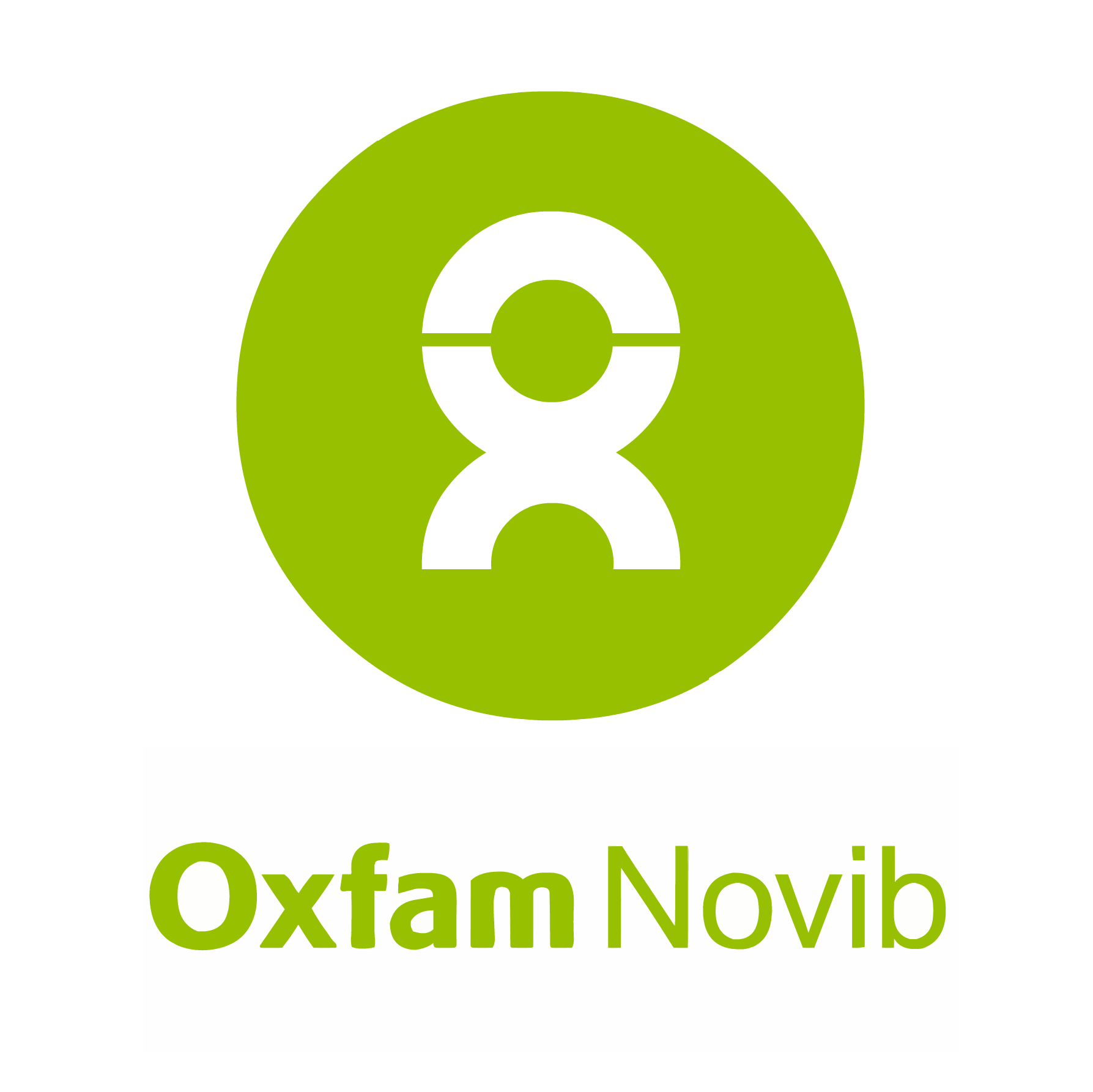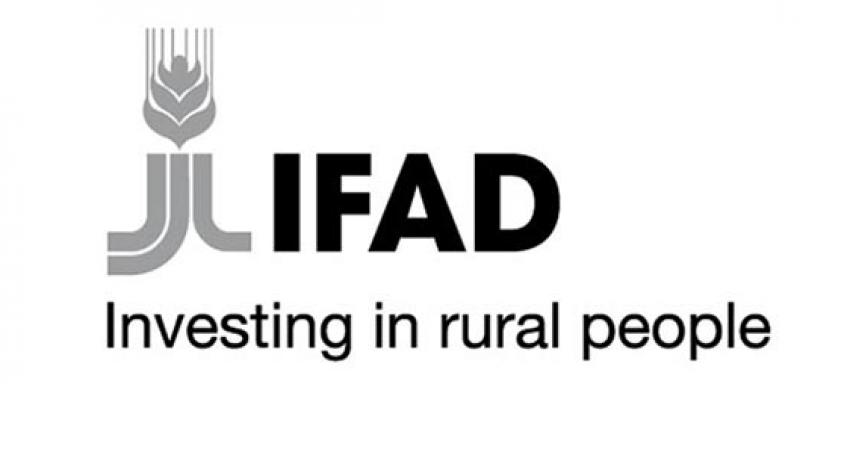Community / Land projects / ADHOC Core Programme 2015-2017
ADHOC Core Programme 2015-2017

€0
01/15 - 12/15
Completed
This project is part of
Implementing Organisations
Donors
Data Providers
General
2015 is the first year of ADHOC#s new Strategic Plan 2015-2017. Ongoing priorities are general human (civil and political) rights protection; land rights; and Gender Based Violence. ADHOC#s involvement in the special Khmer Rouge Tribunal (KRT), especially on Civil Parties facilitation and awareness raising, will in principle come to end by end 2015. ADHOC#s Alternative Dispute Resolution (ADR) programme is beyond the pilot phase. The aim is now to shift the role of mediation to trained community members. A new element is implementation of the Gender Road Map (GRM) model in some 6 provinces and complementary to other interventions on GBV. In addition, ADHOC will organise public forums to raise the awareness on the rights and risks of migration in target areas, especially focused onareas of (illegal) migration to Thailand. The advocacy on the reform of the judiciary will be focused to the local level. The project will achieve he following Outcomes by end 2015: Access to Justice - 10% increase in the number of fair trials among some 195 cases defended by ADHOC (compared to 33% in 2014) Human Rights - 65% out of the 200 cases with ADHOC legal support received a fair trial. - 100% of all investigated torture cases are recorded in a secure database system. All cases are accepted by court. Institutionsof investigation respond positively to 30% to 50% of all intervened cases. - All violation of Freedom of Assembly cases handled by ADHOC are investigated. 60% of all demonstrations are without crackdown by the authorities (this is a decrease of 15%). All protestors arrested receive legal aid in court. As a result, more and more people will participate. - All impunity cases investigated are securely recorded and victim#s families protected. In 35% of the cases handled the perpetrators are brought to justice Land and Natural Resources Rights - 80% of affected communities are able to collectively react against land and natural resources encroachments and 25% will be successful in achieving resolution - All communities affected by land conflict trained by ADHOC (50 per year) are aware of their rights, the relevant laws and know how to file complaints to cadastral commissions and the courts, and actively participate in the process. - 29% increased number of victims has received their land back or fair compensation due to strengthened cadastralcommissions and fairer court hearings in 2014 - In 20% of all land conflict cases, victims have received their land back or fair compensation - In more than30% of all land dispute cases, the victims continue to use the land during the conflict - The Cadastral Commissions has carried out fair and timely investigations and complaints are resolved in 10% of the cases. - 70% of trainees change their understanding of basic human rights. 80% of trainees believe participation in peaceful demonstrations as a community to protest land rights abuses and human rights violations can influence government actions; 70% of people trained participate in the process ofconsultation with the commune council to elaborate input and recommendations for the communal development plan; 60% of trainees believe their recommendations accepted by the commune council, will influence the provision of public services and communal developmentplans - 150 people benefitting from legal aid or representation (45% women, 10% under 30 years old) - Living conditions are improved for 100% of all victims seeking assistance from ADHOC Women#s and Children#s Rights - 65%-85% of participants inthe training sessions have increased their knowledge and use it to help their families and their community - The direct GBV complaints increased by 5% - Increased media coverage - Increased use of social media to inform the public about GBV issues andtrafficking/migration abuses - 30% of all married victims of DV get fair divorce - 20% of perpetrators of DV are punished - 83% of murderers in domestic violence cases are punished - In 85% of all DV cases, victims are freed from violence - 55% of rapists are sentenced and imprisoned - 30% of human traffickers are punished (sentenced and/or imprisoned) - Number of victims who accept civil compensation has been reduced by 7% - 100% of cases are treated with sensitivity (anonymity respected, counsellors available etc.) - In 90% of criminal cases of gender-based violence brought to court, victims benefit from legal presentation. - 100% of women who refer to ADHOC receive assistance - 90% of women who refer to ADHOC enjoy a better standard of living after reintegration in their communities - Discrimination against victims has been reduced - Community and authority awareness of gender, women#s and children#s rights, HIV/Aids and migration has risen to 30% - More women file complaints against perpetrators (90% direct complaints) Alternative Dispute Resolution (ADR) - 43% offamily conflict cases are successfully mediated by ADHOC staff and communities - 93% of minor conflict cases are successfully mediated by ADR community committee - 78% of minor conflict cases are successfully mediated by ADHOC staff - 100% of community committee mediations are conducted by fully trained mediators and are resolved successfully Khmer Rouge Tribunal (KRT) - At the end of the trials, 75% of the communityreports understanding of the trials, including wound-healing and reconciliation. All accused persons are prosecuted and the victims receive moral and collective reparations. - 46 core Civil Party Representatives (CPRs) in collaboration with the remaining 122 CPRs are actively involved in organizing and conducting dialogue meetings



